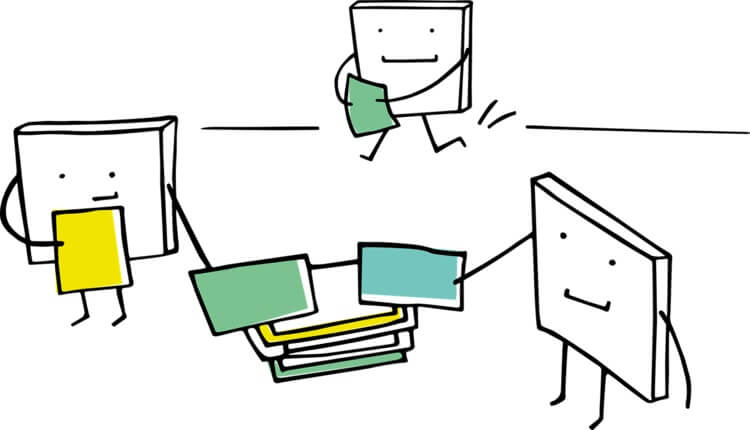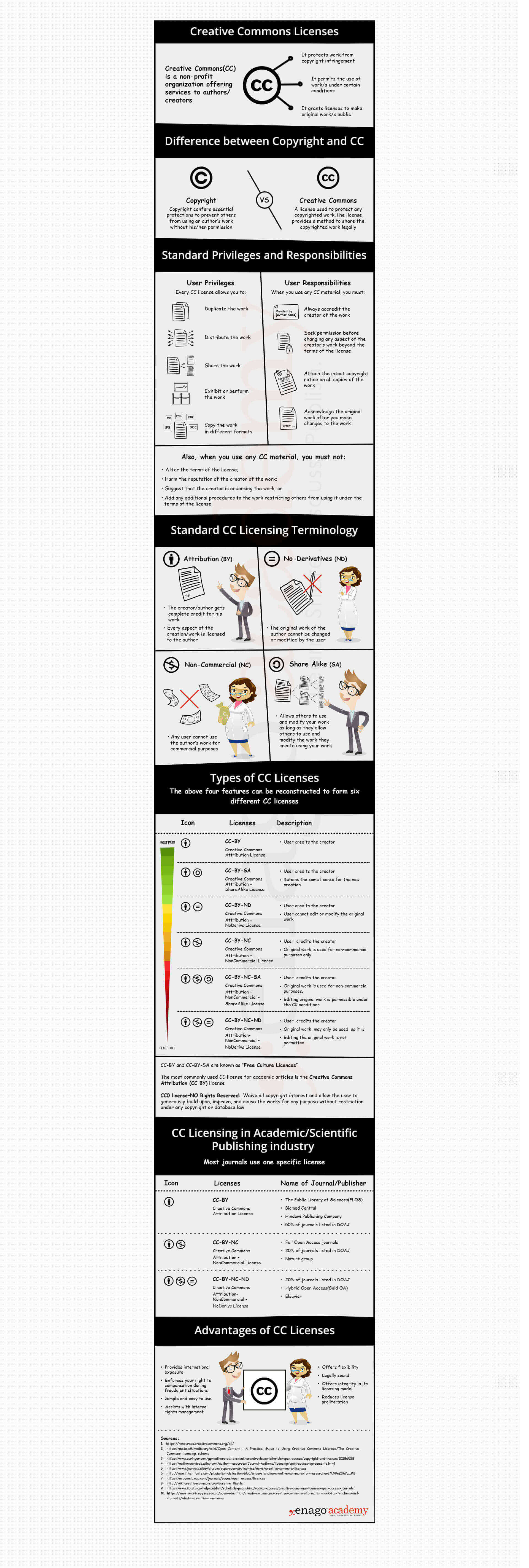All You Need to Know About Creative Commons Licenses

The development of technology has led to the widespread sharing of ideas including intellectual and creative work/s. It enables us to share, build, or create something new. Every author or creator needs to be acknowledged and attributed. However, this is not the case always. There are numerous instances where the creator or the author was not attributed, or his work was misused. In some instances, the creator/authors would have “all rights reserved” or “some rights reserved” on his creation — thus preventing any use of their work. Creative Commons (CC) was established to combat these issues. Creative Commons, developed by Harvard Law professor Lawrence Lessig, is a non-profit organization dedicated to making intellectual and creative work/s accessible for discovery and reuse. It allows the creator to endow his intellectual or creative work with specific licenses, which enables the user to rightly acknowledge and draw benefit from the articles or products of their interest. A CC license lets the creator decide which rights they would like to keep. The creator/author assigns certain rights and obligations on his creation or articles through CC. These have to be abided by the user and follow licenses.
With the development of Open Access, copyright issues have been in the spotlight for various reasons. The publishers and funders have been debating on divisions over which copyright license(s) to use. Hence, Creative Commons licensing was adopted into scientific publishing to allow better use of resources among the publishers and researchers/authors. Creative Commons licenses are now used as a standard while publishing under Open Access. CC-BY or the Creative Commons Attribution license is the most liberal and most commonly used license by publishers. However, there are other licenses such as the CC-BY-ND, CC-BY-SA, etc. which can be used for various situations.
The following infographic educates the reader on CC and its importance and uses in scientific publishing.
(Click here to download the infographic)










